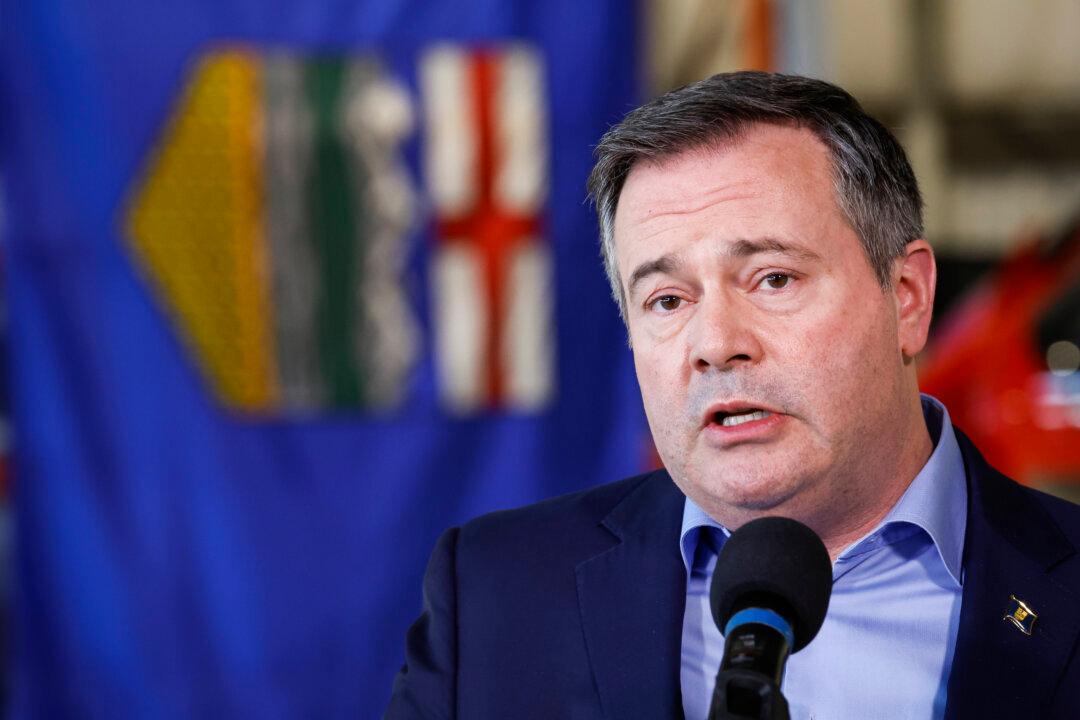Alberta Premier Jason Kenney says the federal government’s new carbon emissions reduction plan would have a “catastrophic” impact on the Canadian economy, and he pledged to fight against it.
The 2030 Emissions Reduction Plan, introduced to the House of Commons on March 29 by Environment Minister Steven Guilbeault, suggests that Canada’s oil and gas industry will need to cut greenhouse gas emissions by 42 percent below 2019 levels by 2030 if the country is to meet its net-zero emissions target in 2050.





